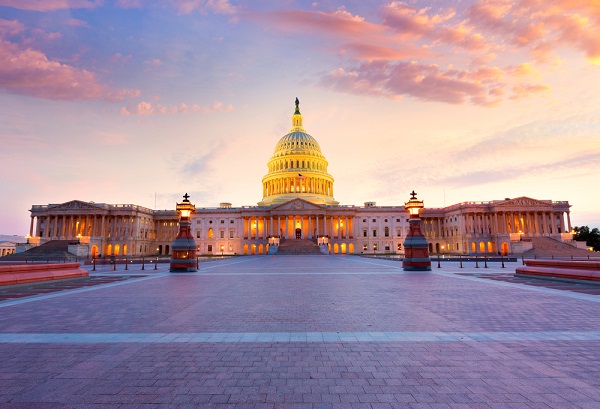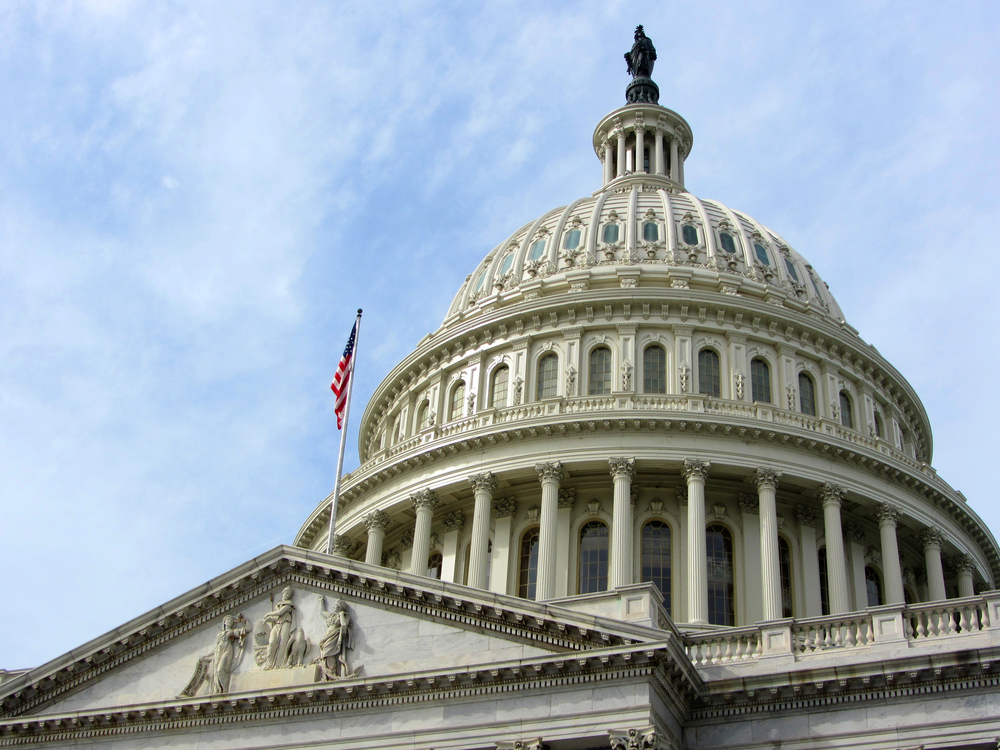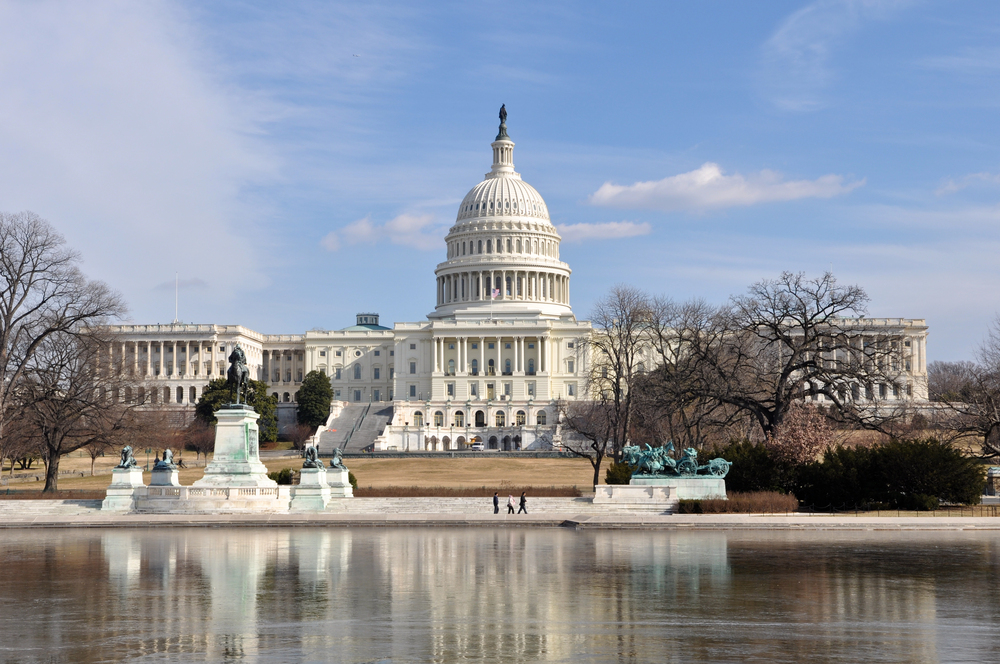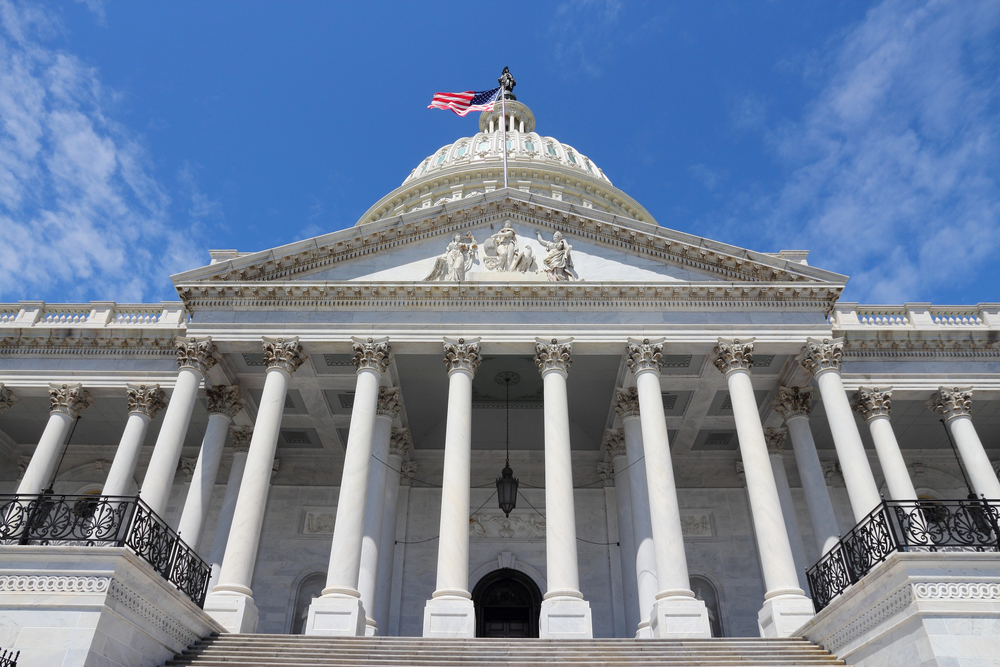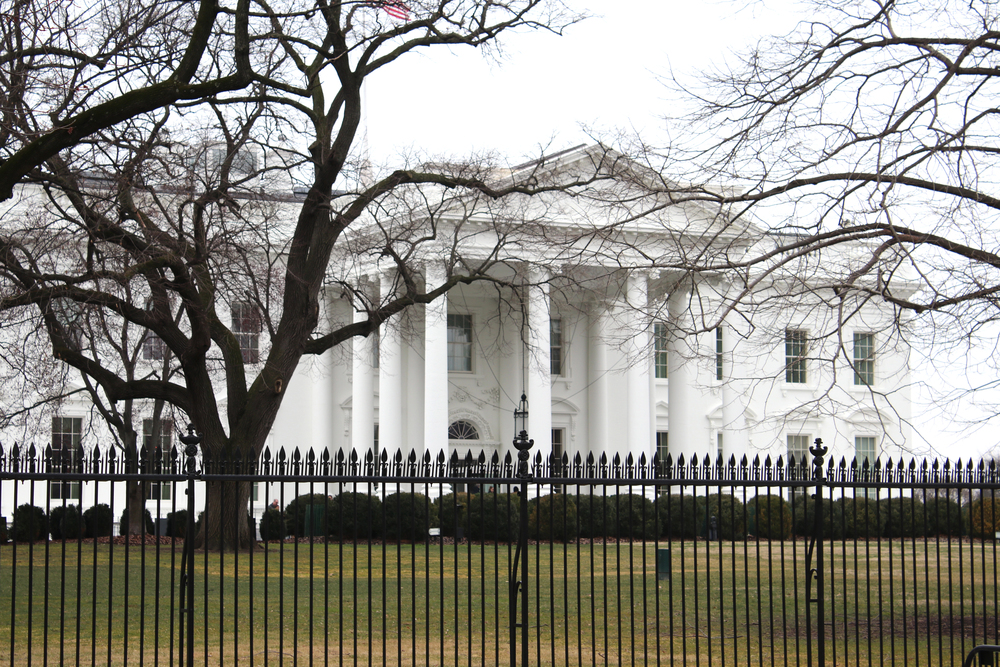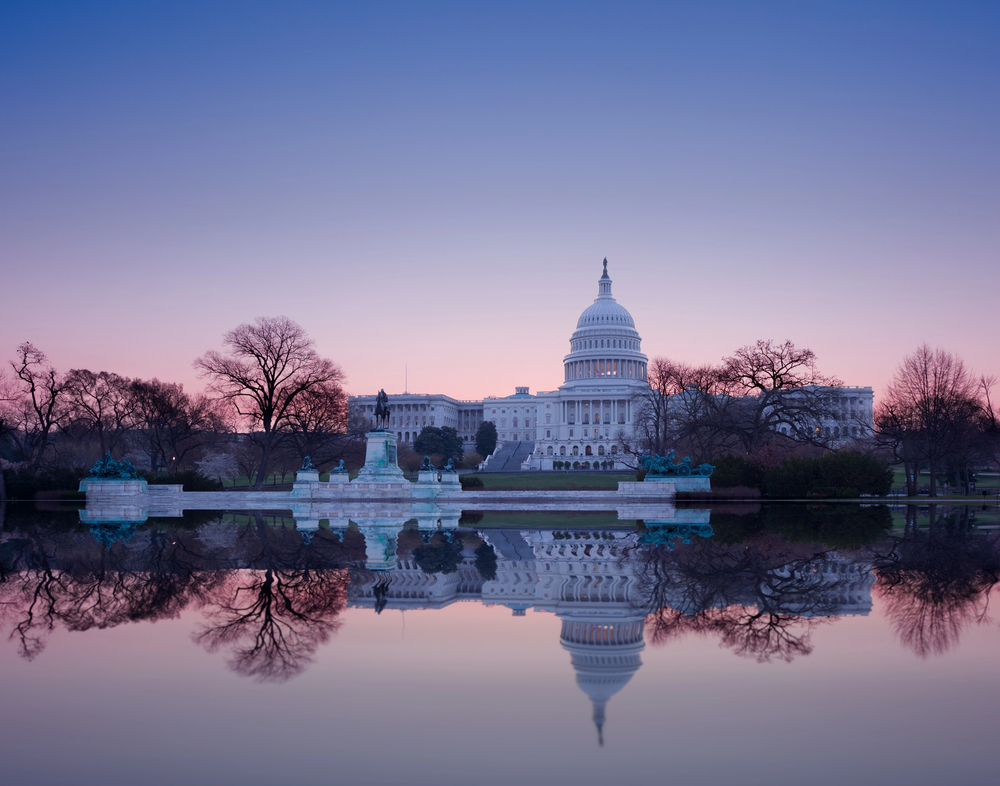Small Businesses Face Higher Taxes in President Biden’s FY2024 Budget
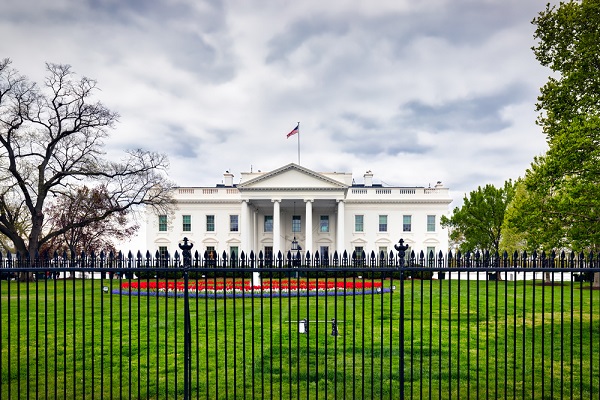
By: Raaed Haddad
Late last week, President Joe Biden released his FY2024 budget, which includes several proposals that could have significant effects on independent insurance agents.
Biden’s budget, which continues efforts to increase taxes on individually and family-owned businesses, will be strongly opposed by congressional Republicans.
Presidential budgets are non-binding and generally act as a roadmap for what priorities presidents would like to see Congress act on. Still, the more than $4 trillion in tax hikes this budget proposes would dangerously target businesses responsible for most of the jobs and growth in this country, including many Big “I” members.
The proposed tax hikes would significantly impact a business’s ability to hire new employees, offer better benefits, and invest in the equipment and technology necessary to sustain operations and future growth.
Specifically, the budget contains numerous provisions detrimental to Big “I” members. The budget would reverse the Trump-era tax cuts on those making more than $400,000 and return the top tax rate to 39.6%. For some taxpayers, it would double the capital gains tax rate.
Furthermore, the plan would raise the corporate tax rate to 28%, up from the current rate of 21%. The budget also increases the Medicare tax on earned and unearned income above $400,000 from 3.8% to 5%.
The White House argues that tax increases are necessary to address projected deficit totals over the next decade. The Congressional Budget Office (CBO) projects a $1.4 trillion deficit in fiscal year 2023, and an average deficit of $2 trillion per year from 2024 to 2033.
Republicans in Congress argue that that these deficit forecasts are the result of a spending problem, not a revenue shortage. That argument has some merit, according to CBO numbers, which report that federal tax collections were nearly $5 trillion last year, a record high and a 47% increase from when the Tax Cuts and Jobs Act (TCJA) was enacted in 2017. Taxes paid by individuals and pass-through businesses reached a record $2.6 trillion in 2022 and represented their largest share of total taxes paid in any year since the TCJA was passed.
The Big “I” strongly opposes the president’s budget and has signed onto a joint trade letter with over 60 organizations expressing opposition.
In addition, the Big “I” supports legislation that would make the 20% small business deduction (Section 199A) passed as part of the 2017 Tax Cuts & Jobs Act permanent. The deduction, which is scheduled to expire at the end of 2025, is heavily relied upon by many Big “I” members and their clients to expand their small businesses, hire more employees, and better serve their communities.
Also, pass-through entities have factored this deduction into their operations so its expiration would result in a tax increase on many small businesses and create an unlevel playing field, putting pass-throughs at a disadvantage to those filing taxes at the corporate rate.
Tax reform is one of several important items on the agenda at the Big “I” Legislative Conference, taking place April 26-28 at the Renaissance Washington, D.C. Downtown Hotel. Visit the dedicated Legislative Conference webpage to register, view more information about the Conference and see the full schedule of events.
As Congress continues to review the president’s budget and related legislation, the Big “I” will continue to advocate for independent insurance agents and provide updates through the News & Views e-newsletter.
Raaed Haddad is Big “I” director of federal government affairs.

